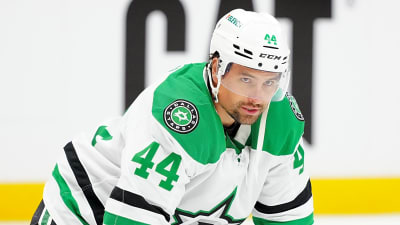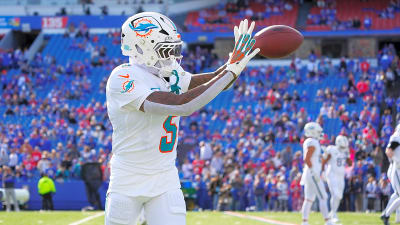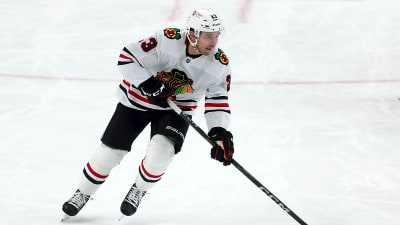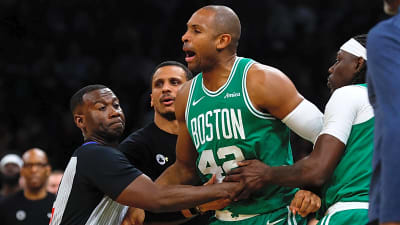The Miami Dolphins are entering the 2025 NFL season with high expectations, but one area that has consistently lagged behind is the special teams unit. Despite strides made in other phases of the team, special teams remains a glaring weakness that could cost Miami in critical moments. While nearly every aspect of the Dolphins’ roster could use refinement, the special teams unit stands out as needing the most immediate and targeted improvement.
The lone bright spot on special teams last season was kicker Jason Sanders, who quietly delivered one of the most consistent years of his career. Sanders converted 37 of his 41 field goal attempts, maintaining over a 90 percent success rate and connecting on 12 kicks from beyond 50 yards.
His performance was both efficient and clutch, often keeping the Dolphins in games when the offense stalled. However, Sanders’ standout season also highlights the problem: he was on the field far too often. The team’s reliance on field goals underscored their inability to finish drives, which put too much responsibility on special teams to deliver points.
Punting, on the other hand, was a far less consistent element. Miami struggled to control field position, with punters failing to consistently pin opponents deep or flip the field in key moments. The coverage units also looked disorganized at times, allowing too many return yards and compounding field position issues.
The return game itself also lacked spark, providing little to no game-changing impact over the course of the season, with the exception of a few big returns near the end of the season by rookie wide receiver Malik Washington. Miami simply could not count on special teams to make a difference beyond Sanders’ reliable leg.
To improve special teams, the Dolphins must first limit how often the unit takes the field. That starts with offensive efficiency. If the offense can stay on the field longer and convert more drives into touchdowns, there will be fewer punts and fewer field goal attempts, which eases the burden on the special teams unit as a whole.
A more productive offense would mean fewer high-pressure kicks for Sanders and a reduced need for the punter to bail out failed drives.
This approach not only conserves special teams energy but also minimizes their exposure to mistakes in tight contests.
Improvement will also come through personnel and coaching. Miami made a change in special teams coordinator during the offseason, signaling a commitment to reshaping the unit. One major roster battle in training camp revolves around the punting position, where the team is evaluating whether to stick with a steady but unspectacular option or bring in a more powerful leg to better control field position. That decision could define the Dolphins’ special teams identity in 2025.
Ultimately, while the entire Miami Dolphins roster must evolve to compete in a tight AFC, special teams demands urgent attention. Jason Sanders did more than his share in 2024, but one kicker’s excellence can’t mask the broader inefficiencies.
If the Dolphins can limit how often they need to rely on special teams by converting more offensive opportunities and cleaning up their coverage and return units, they can transform a liability into a hidden strength. The path to playoff success could very well depend on it.
More must-reads:
- Dolphins make a surprising move for retired Pro Bowl TE in trade with Giants
- Is Steelers' Mike Tomlin on the hot seat after latest offseason splash?
- The 'NFL head coaches' quiz
Breaking News
Trending News
Customize Your Newsletter
 +
+
Get the latest news and rumors, customized to your favorite sports and teams. Emailed daily. Always free!








